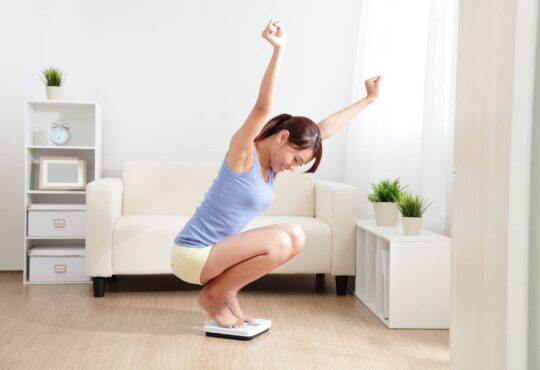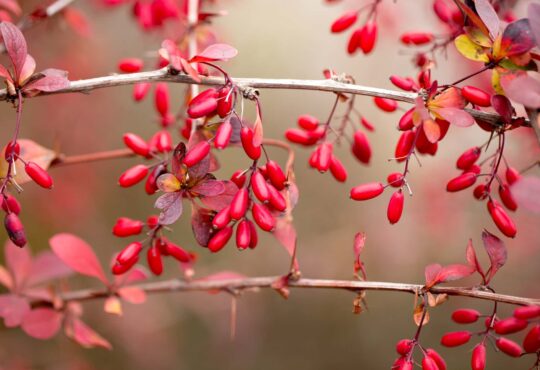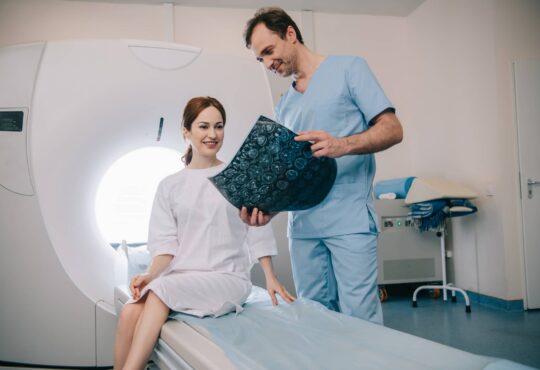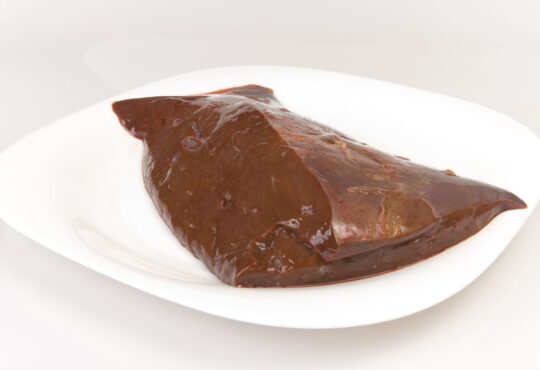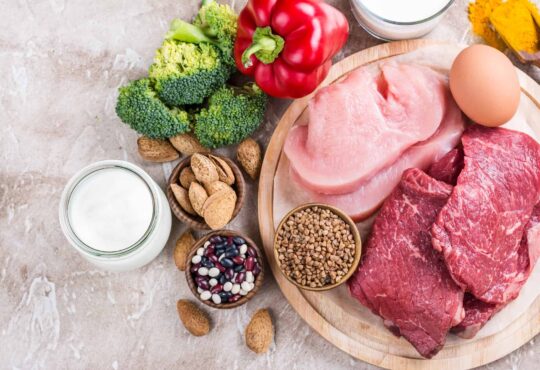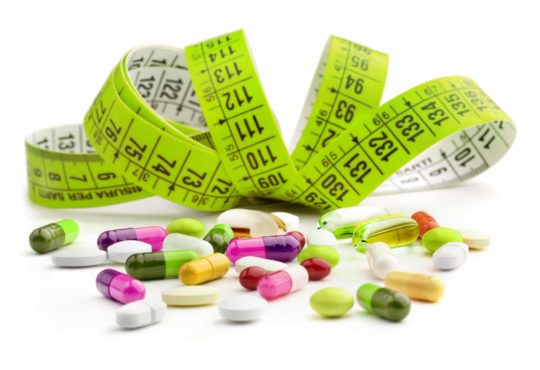Mainstream Medicine Actually Revises Its Opinion on Best Hypertension Treatments
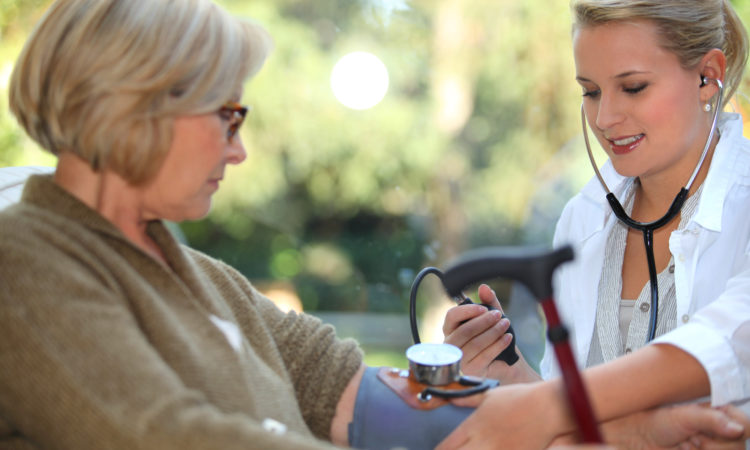
High blood pressure is the Number One risk factor in the world for death and disability.
What’s amazing – and, I hope, a sign mainstream medicine may eventually analyze itself using improvements in technology – a recent study found the standard type of hypertension medication doctors usually start out prescribing is not the most effective.
The Study Results Published in Lancet
First, the study is unusual because researchers took data from patients in four countries – Germany, the United States, Japan and South Korea. They studied the records of nearly 5 million patients, so its results are convincing because the amount of data is huge.
All the patients had just begun treatment for high blood pressure. They were put on one of three types of drugs:
1. Drugs that relax constricted blood vessels.
These include the standard (and, up to now, preferred) type of medication, ACE inhibitors, vasodilators and angiotensin.
2. Drugs that reduce your heartbeat and, therefore, lower pressure.
These are beta-blockers.
3. Drugs that force your body to get rid of excess water.
Thiazide diuretics – usually referred to as water pills.
These are in line with the recommendations of the American Heart Association and the American College of Cardiology.
The Study Researchers analyzed the ongoing health records of those 5 million patients.
They found that patients started on one of those three types of medications had 15% fewer heart attacks, hospitalizations and strokes.
Which One was the Winner?
Remember, the most popular drug for American doctors to start patients out on are ACE inhibitors.
However, ACE inhibitors were not the winner. In fact, they not only allowed more serious events, they caused more side effects, including: diarrhea, cough, rash, swelling of tissues and – most worrisome of all – kidney failure.
But ACE inhibitors weren’t the least effective type of hypertensive medication.
The Least Effective?
Beta-blockers.
Why are Diuretics Most Effective?
My theory is almost too obvious.
First, none of these medications address the many fundamental causes of hypertension. Placque deposited along your endothelial lining makes your arteries stiffer. Eating lots of sodium and little potassium means your electrolytes are out of balance, so your body holds on to water. If you don’t eat greens, beets and other foods high in nitric oxide, your arteries do not expand as they should.
Diuretics do sort of address the sodium issue, because people who take them pee out a lot of sodium. But too many just keep on eating too much sodium, so it’s not permanent.
But diuretics do lower your blood pressure by simple fluid mechanics. A lower volume of water means a lower volume of blood, and so the pressure against your blood vessels is lower.
It barely addresses the fundamentals, but water pills do keep you alive by forcing you to pee out excess water before the pressure builds up and causes a heart attack, stroke or kidney damage.
When to Take High Blood Pressure Medications
However, so far, too many doctors have ignored a study showing the effectiveness of medications for high blood pressure also depends on WHEN they are taken.
That sounds odd, but one study demonstrated that patients who took their meds at night, instead of in the morning, had much better control of their pressure.
They suffered fewer heart attacks. Taking the same medicines at night rather than in the morning cut their risk of death in HALF.
However, most doctors and pharmacists continue to tell patients to take their medications in the morning.
Therefore, death rates from all hypertensive medications are probably double what they would be if only patients were told to take them at night.
I Still Believe Lifestyle Changes Should be First Line of Defense
And the Centers for Disease Control and Prevention agrees.
Get 7-8 hours of sleep every night.
Exercise regularly.
Meditate or otherwise relax to manage your stress.
Eat a spoonful of ground flaxseeds every day.
Lose weight.
Stop eating as much sodium as possible. That means no table salt – and stop eating so many processed foods that use salt and monosodium glutamate to store and flavor foods.
Eat more foods – fruits and vegetables – rich in potassium.
https://ph.ucla.edu/news/press-release/2019/oct/lancet-paper-shows-most-popular-hypertension-drug-isn-t-most-effective
https://nutritionfacts.org/video/flashback-friday-how-to-treat-high-blood-pressure-with-diet/
Dallmann R, Okyar A, L�vi F. Dosing-Time Makes the Poison: Circadian Regulation and Pharmacotherapy. Trends Mol Med. 2016;22(5):430-445.
Kirley K, Sharma U, Rowland K. PURLs: BP meds: this simple change improves outcomes. J Fam Pract. 2012;61(3):153�155.
Hermida RC, Ayala DE, Moj�n A, Fern�ndez JR. Influence of circadian time of hypertension treatment on cardiovascular risk: results of the MAPEC study. Chronobiol Int. 2010;27(8):1629-51.
https://nutritionfacts.org/video/how-to-prevent-high-blood-pressure-with-diet/


